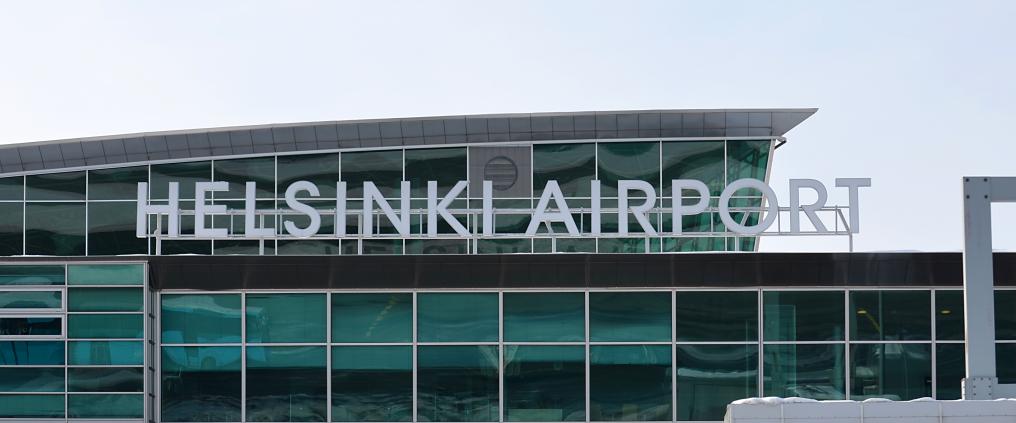Hand luggage and bags transported in the cargo hold are checked at airports according to regulations issued by authorities in Finland as well as all over the world. Items listed as banned are taken out of luggage before the bags are taken on board the aircraft.
Finavia and the Finnish Red Cross have signed a deal, according to which some of the items confiscated at Helsinki Airport are to be handed over to the Red Cross’s second hand department store Kontti, situated in Tammisto, in Vantaa. Kontti sells donated items, clothes and furniture. The profits from the sales go directly to the Red Cross, and these donations are used to help people in Finland and elsewhere.
“Taking possession of the banned items causes Finavia a lot of expense for storage and destruction. We keep the items in storage for a month, after which they are sent to the hazardous waste plant to be destroyed. Usable scissors and tools, for example, have ended up being destroyed, which from an environmental point of view is not good. Our new method of action reduces the environmental load and helps lengthen the life cycle of usable objects. At the same time, we are involved in supporting the charitable work of the Red Cross,” says Juha-Pekka Pystynen, Senior Vice President for Risk management for Finavia.
“Kontti stores get most of their donations from private individuals. However, an increasing number of businesses and organisations are looking to make donations in goods as a way of making their business more ethically responsible. We are delighted to begin collaboration with Finavia. By donating the items confiscated at security checks to Kontti, Finavia is supporting the charitable work done by the Red Cross,” says Sari Nikkola, Director of the Red Cross second hand department store Kontti chain.
One might wonder: is my valued possession being sold to the highest bidder?
Items that are taken out of luggage do not directly make their way to Kontti’s shelves. The removed items are first stored at the airport for a month, during which time passengers may collect their belongings or agree on an alternative method of delivery. However, very few people have taken advantage of this possibility of getting their things back.
When items have been stored for a month, the Red Cross will be given some of them, such as tools, sharp objects, sport equipment, lighters and power banks. However, weapons, alcohol, food items, or items containing personal material, such as USB memory sticks, are not handed over for recycling or to charity.
This item got to the top of the removed items list - “500 pieces per month”
The security check at Helsinki airport removes about a thousand banned items every day. When you take all Finavia’s airports into account, the daily number is much higher.
“In recent times, power banks for mobile phones and computers are confiscated from passengers increasingly often. Because of their flammability, these are removed from the cargo hold luggage. About 500 a month of these are confiscated at Helsinki Airport alone. Power banks should only be carried in hand luggage”, says Pystynen.
“We are in close discussions with the authorities on how international aviation regulations can stay up-to-date with the development of technology. The current problem is what to do with, for example, suitcases that have an integrated power bank, and how security check rules provide for handling smart clothes that contain batteries”, says Pystynen.
These are the items most often removed from suitcases on their way to the cargo hold
- Power banks
- Fire-starting equipment
- Individual cartridges for guns
- Individual lithium batteries
- Hairspray bottles without caps
- Spray paints
These are the items most often removed from hand luggage
- Various liquids that are in containers larger than 100 millilitres
- Tools and sharp objects
- Fire-starting equipment (you may only carry one cigarette lighter or a match box)
Passengers are also asked to read the airline’s transport rules and safety regulations when they book their ticket and at the security check before the flight.



